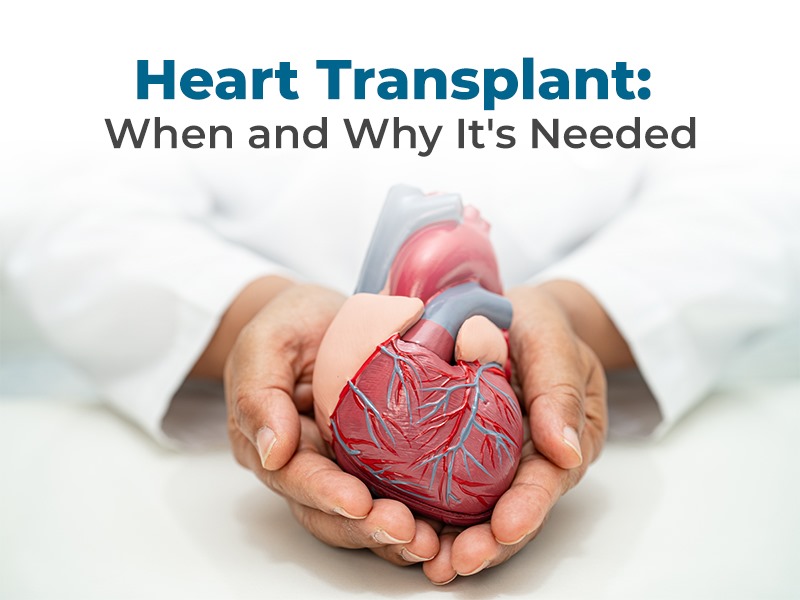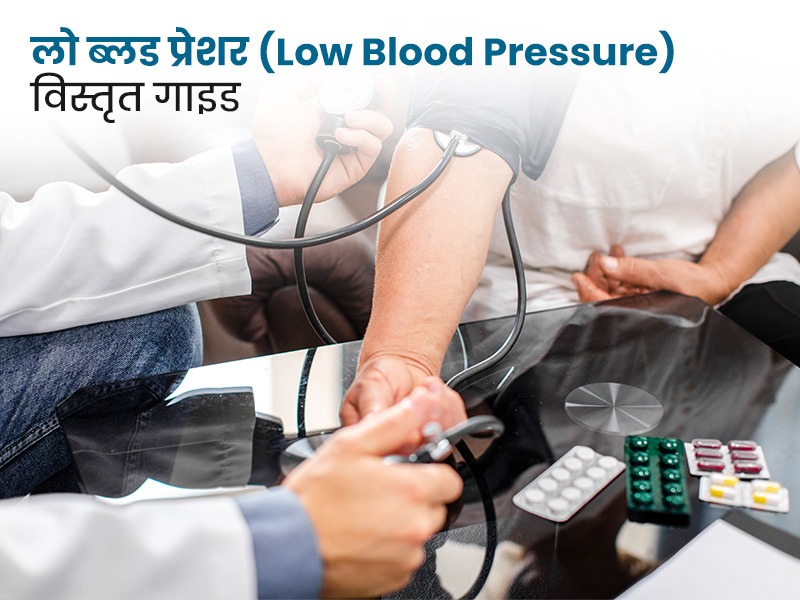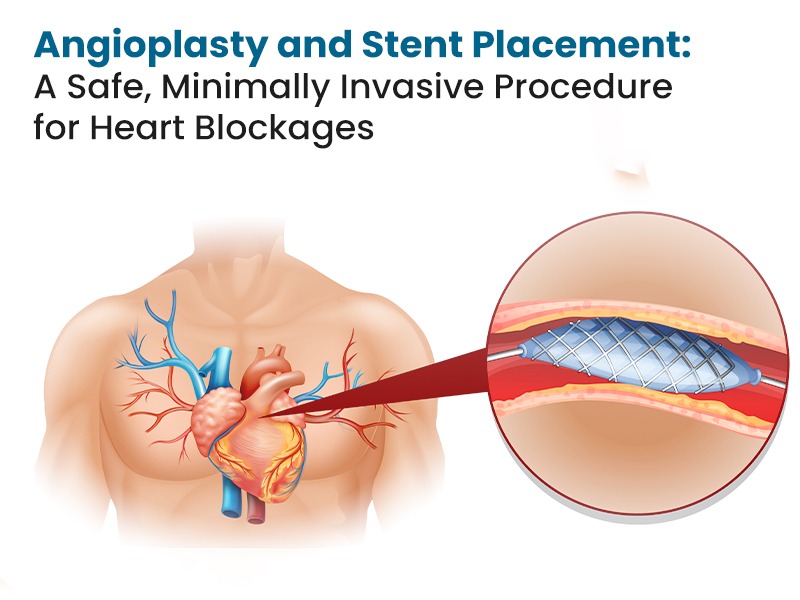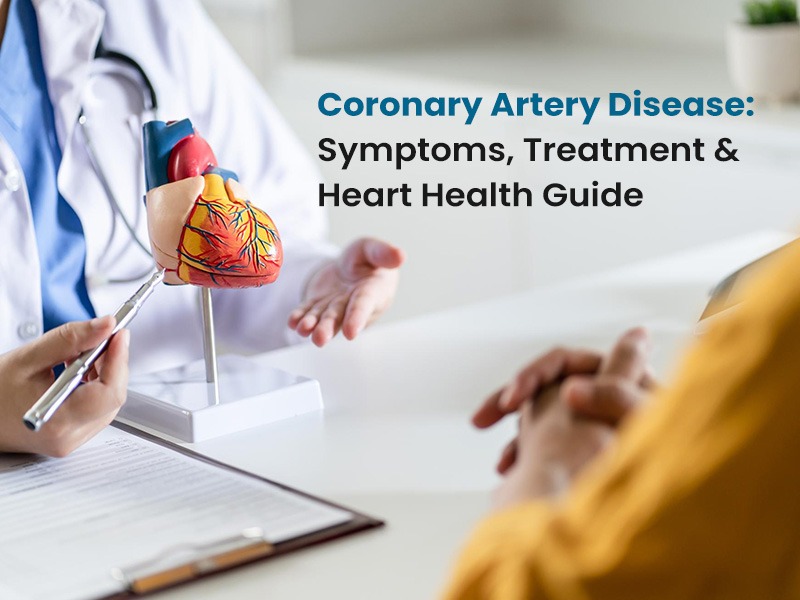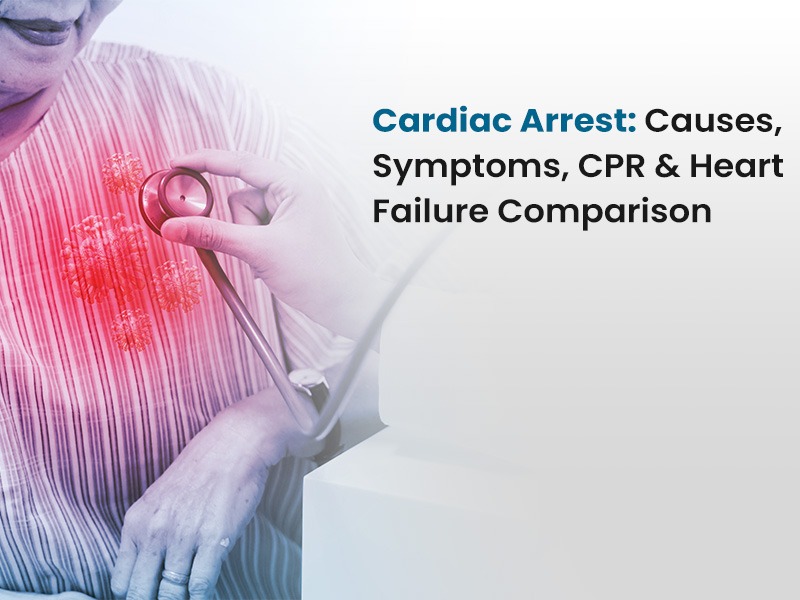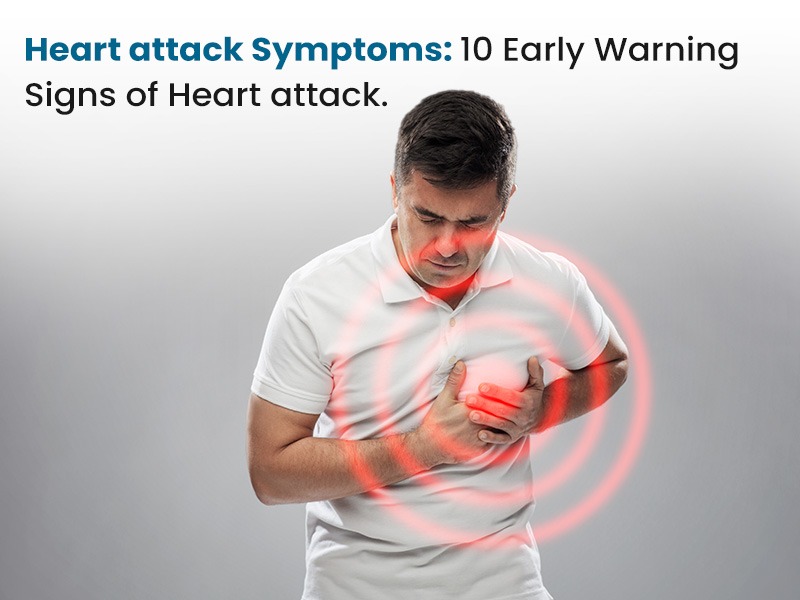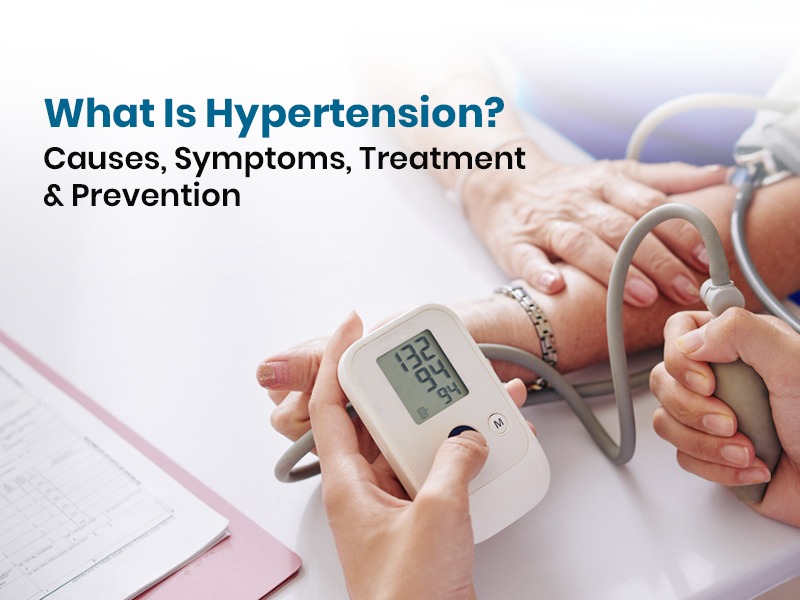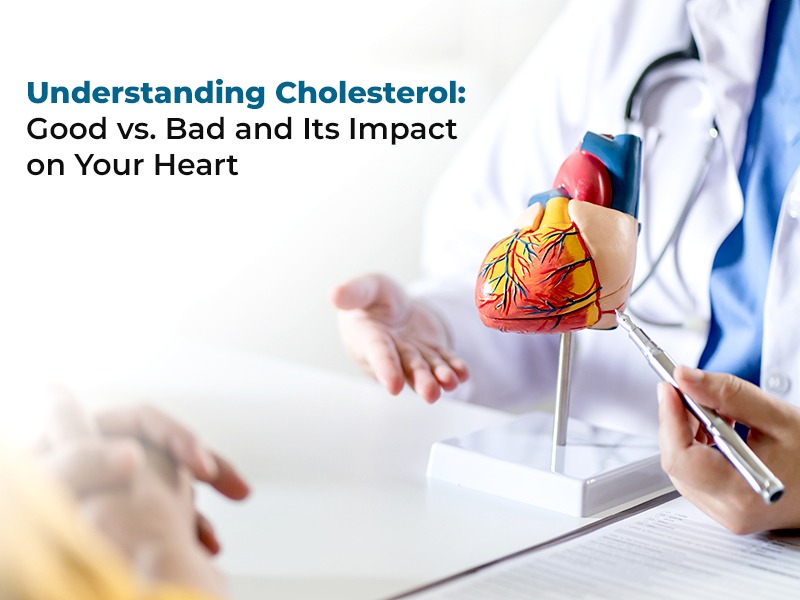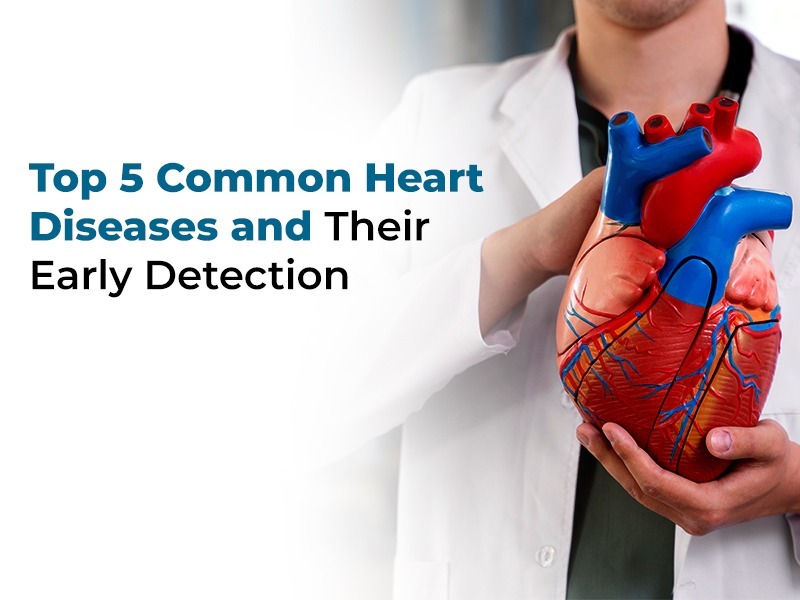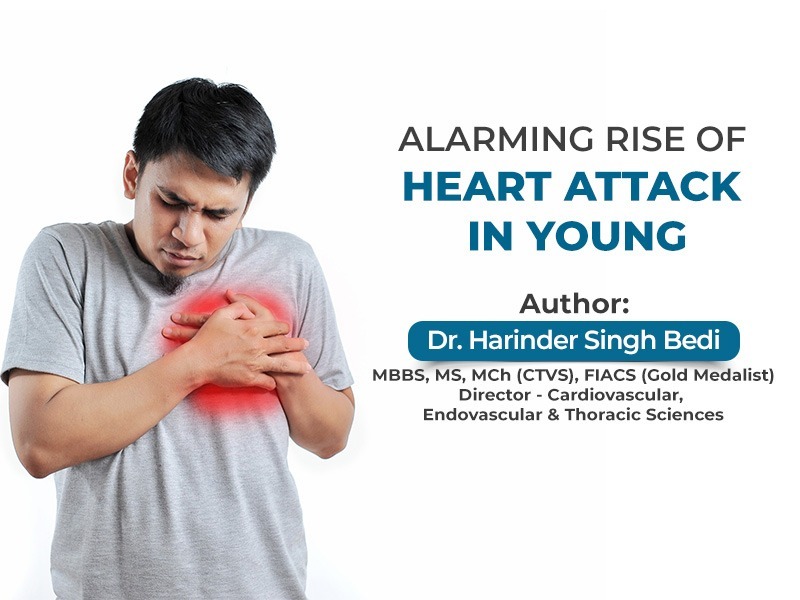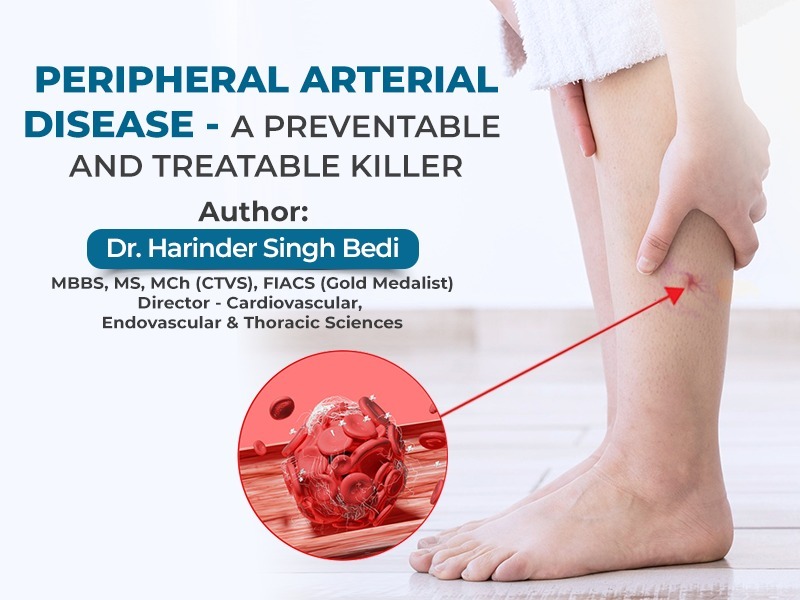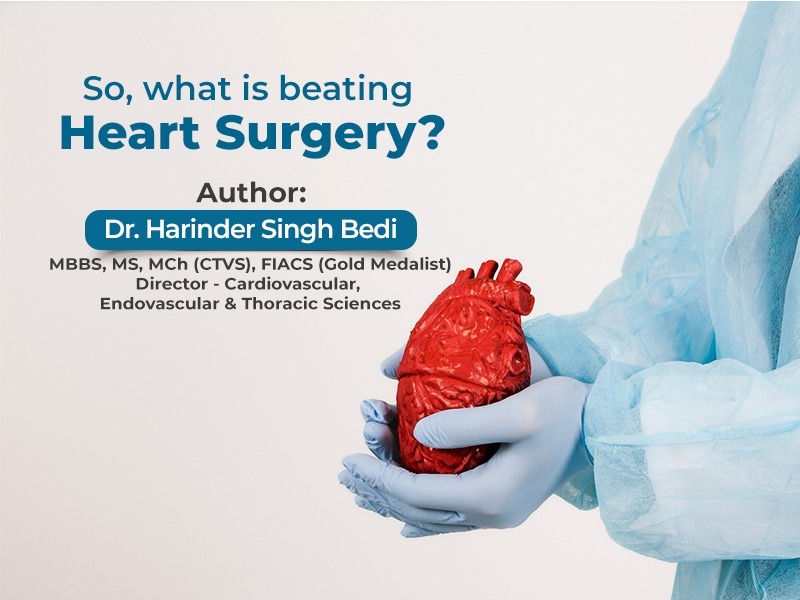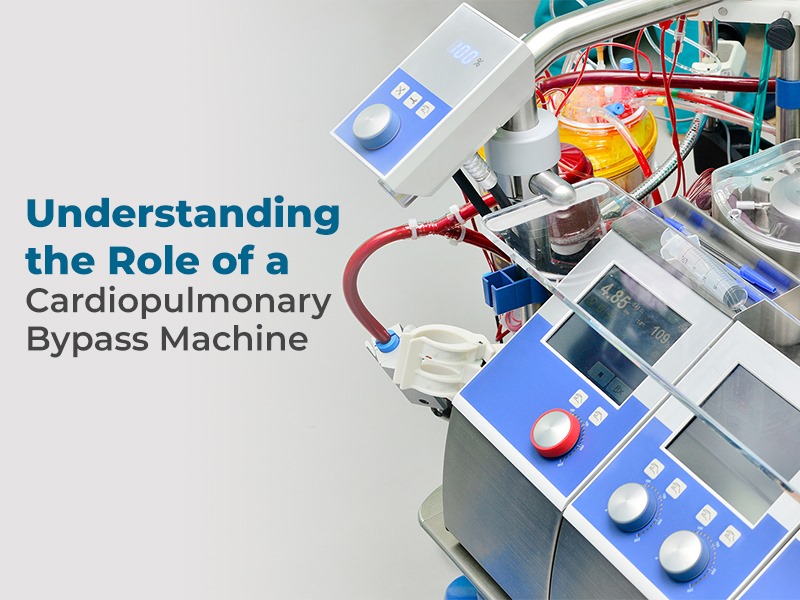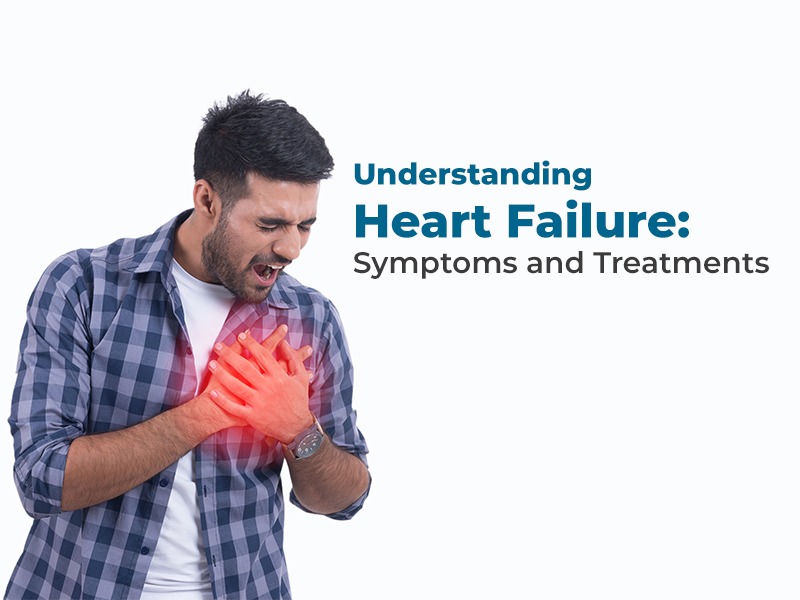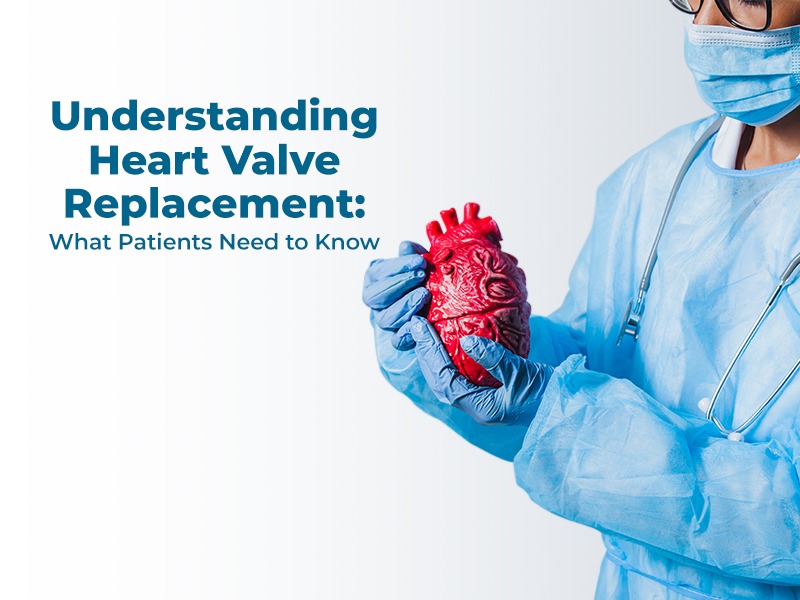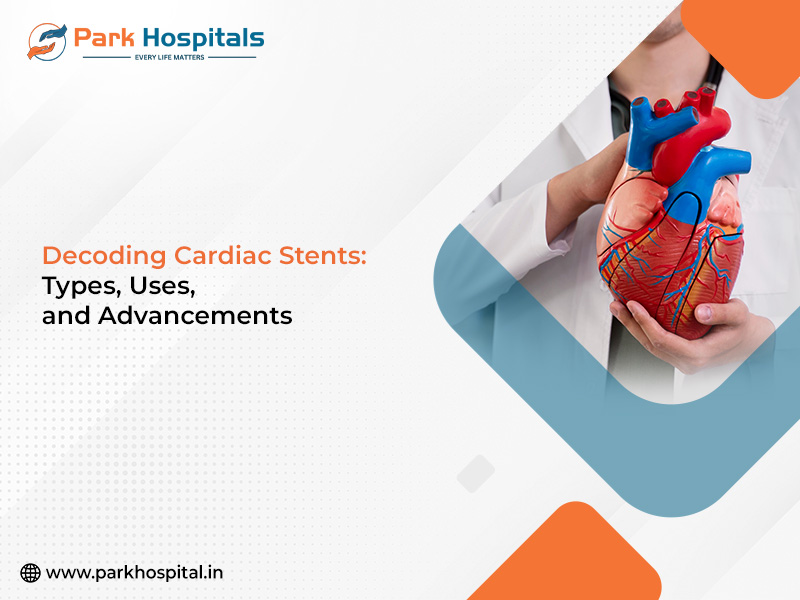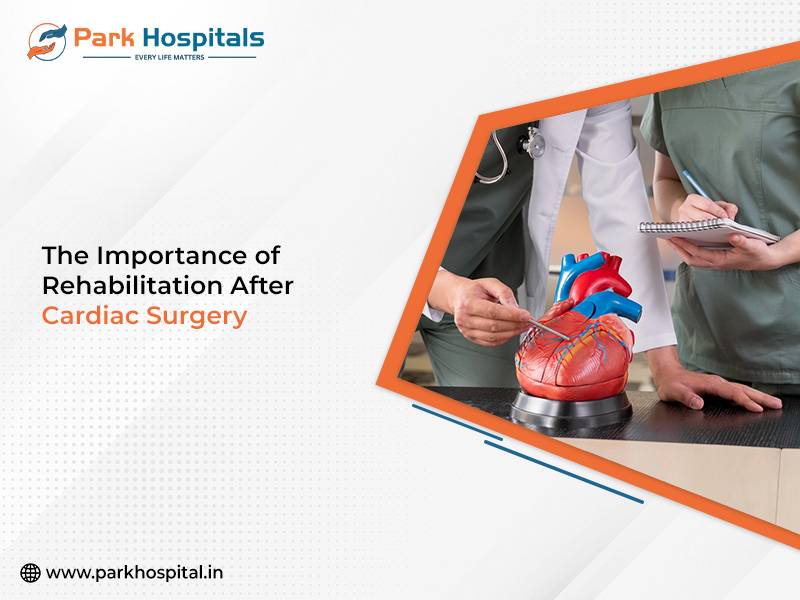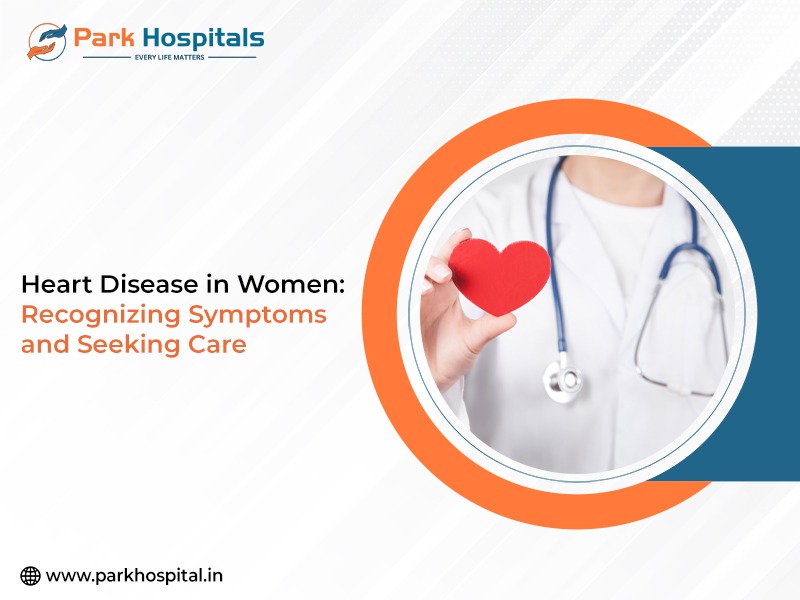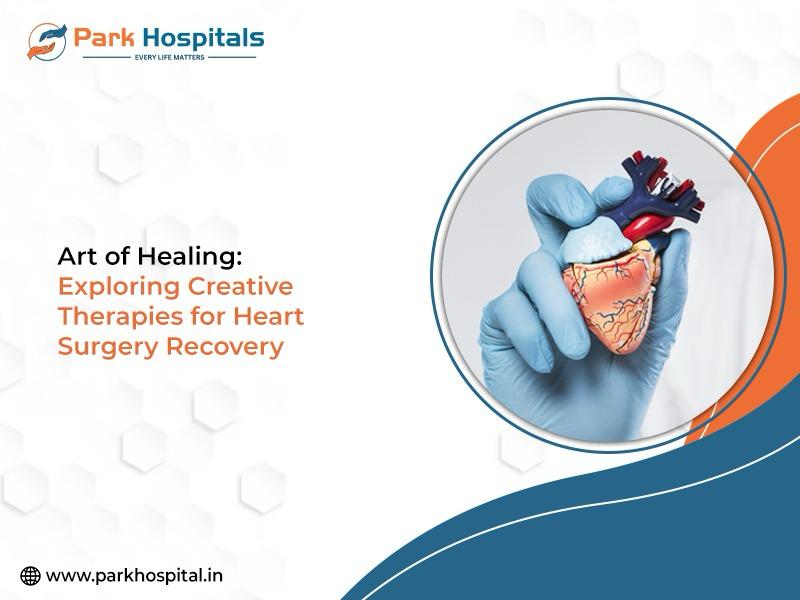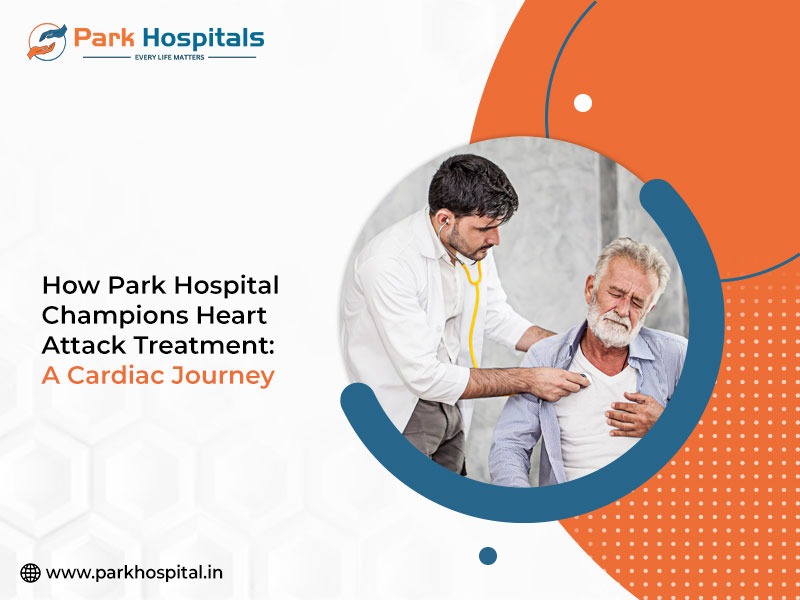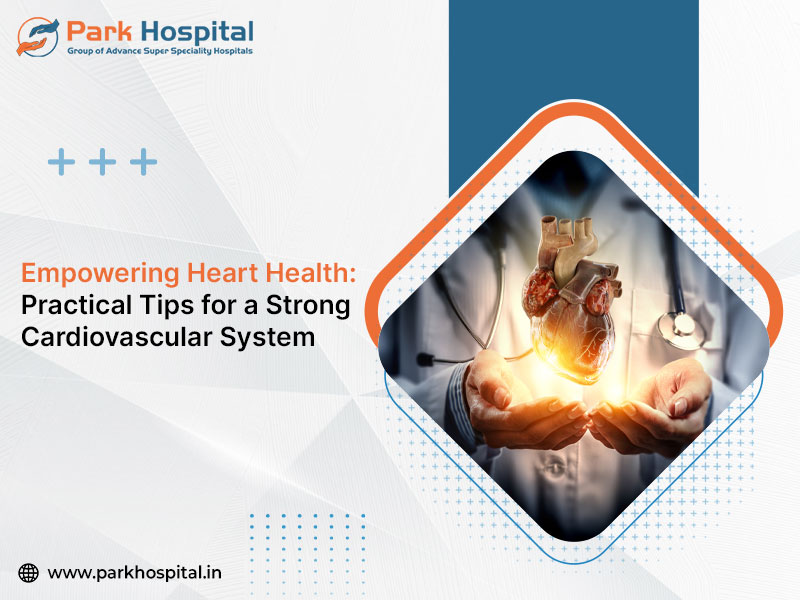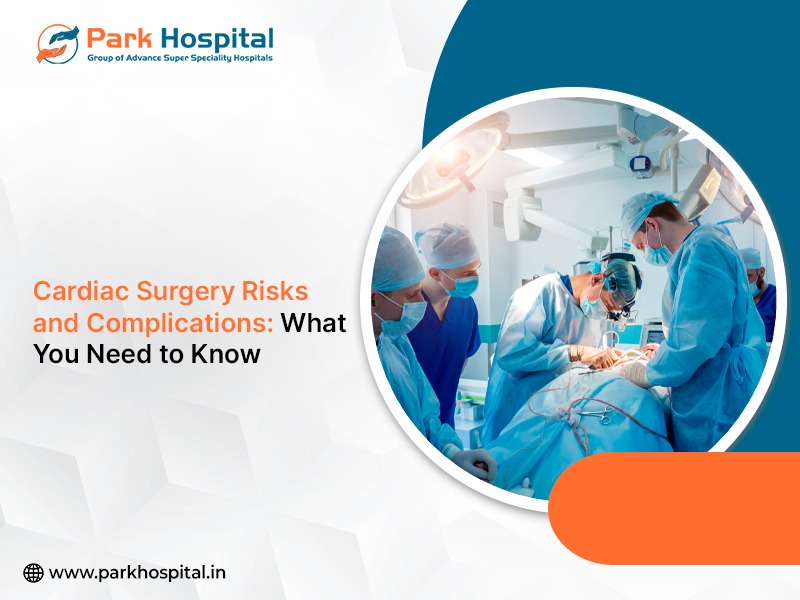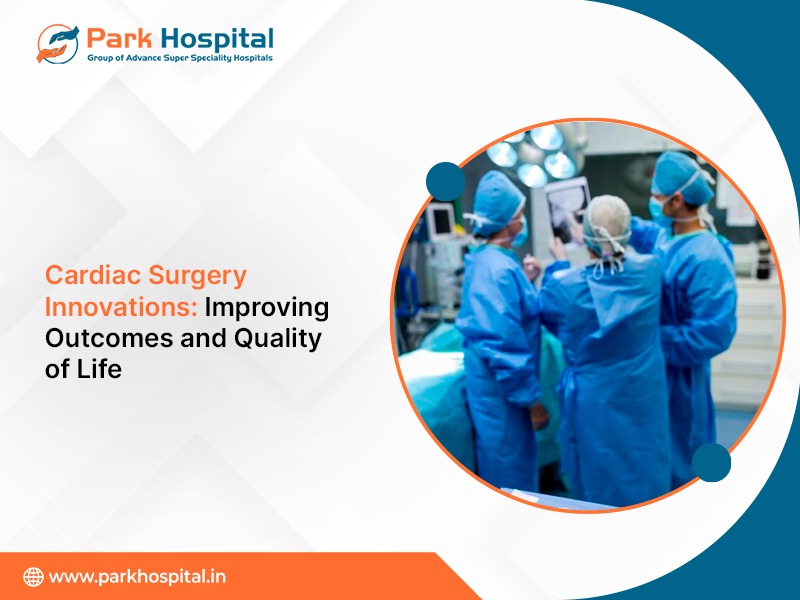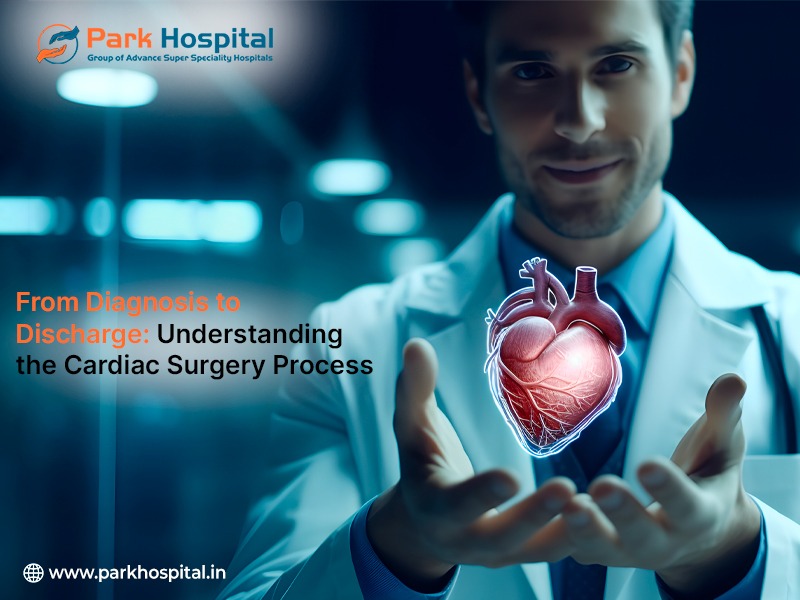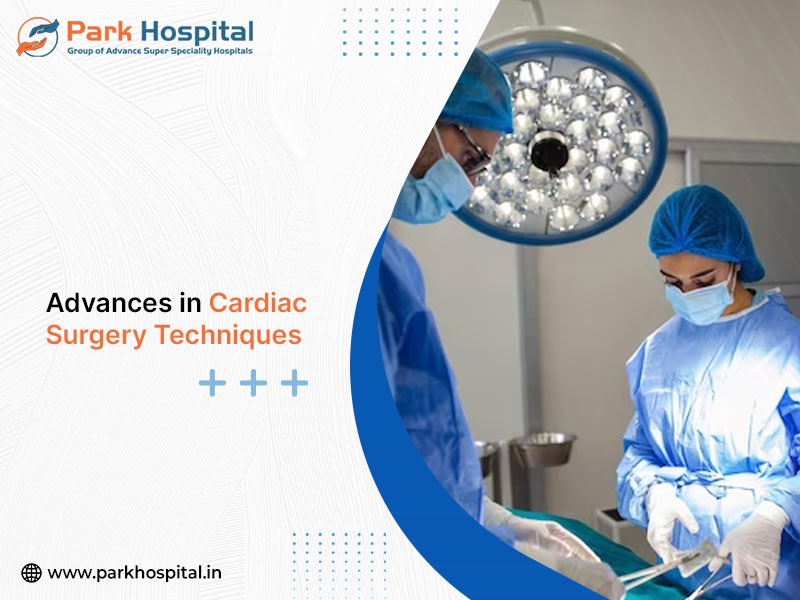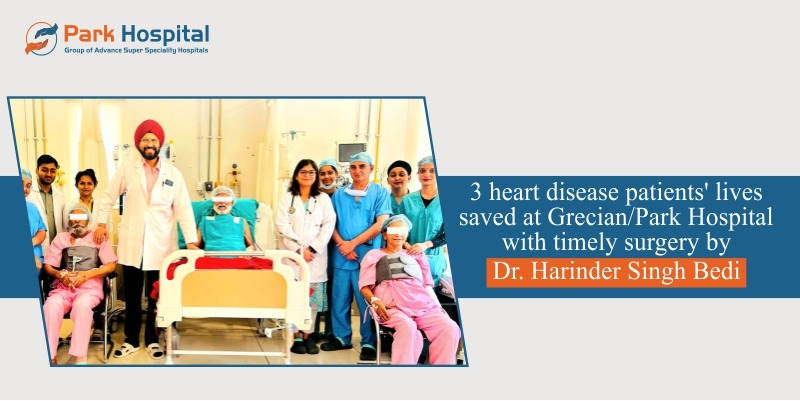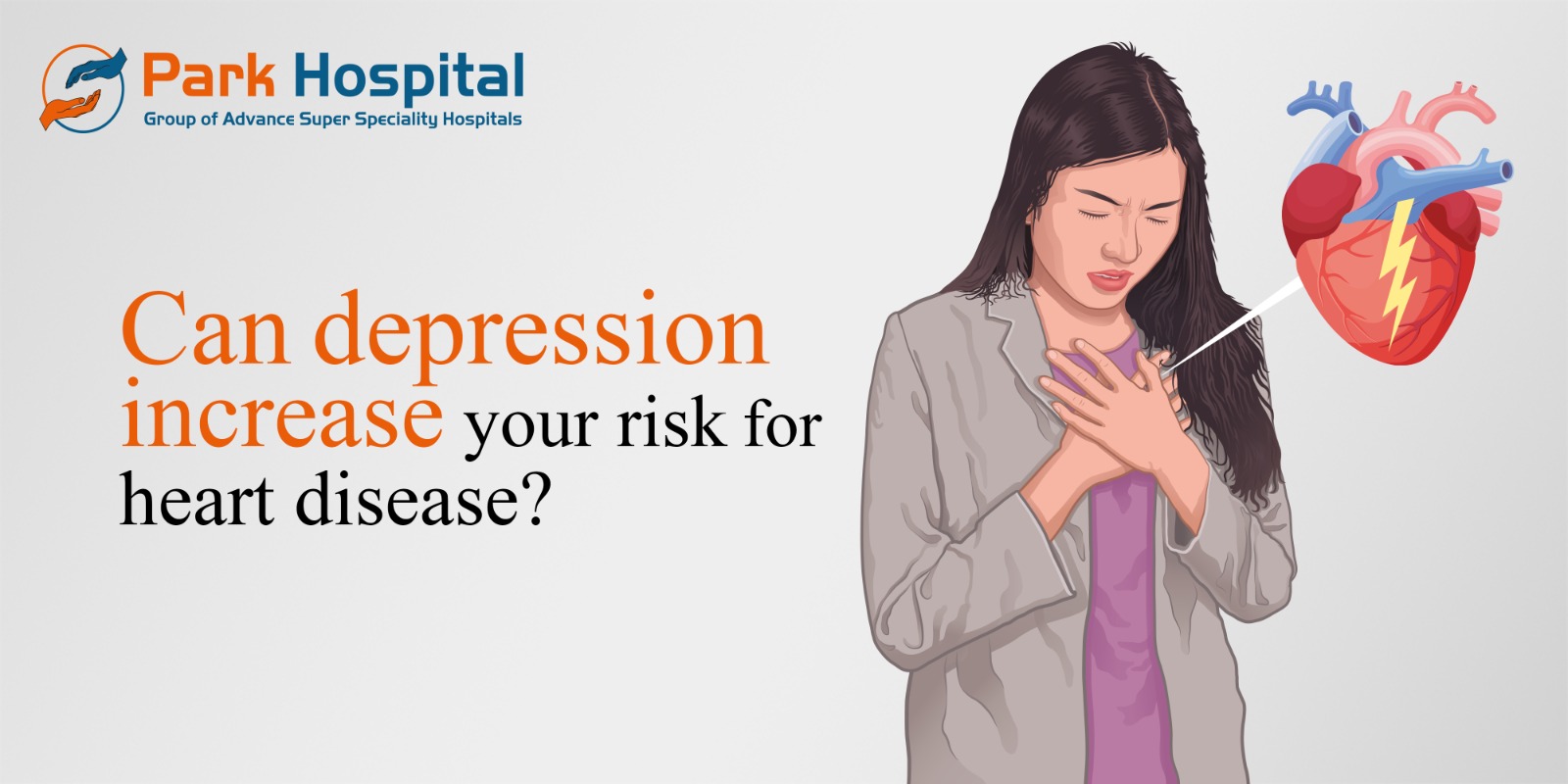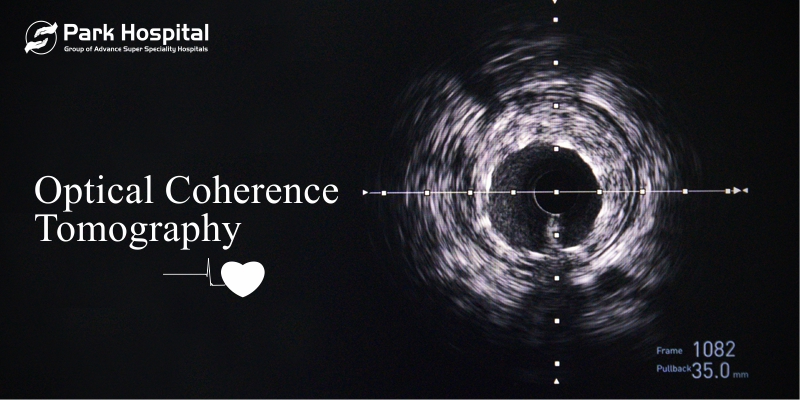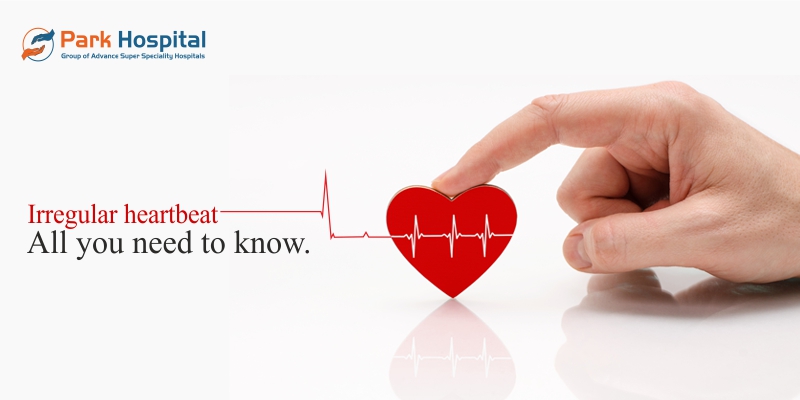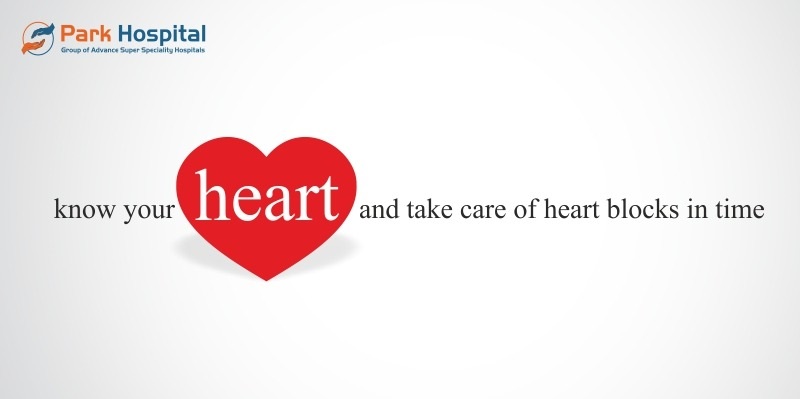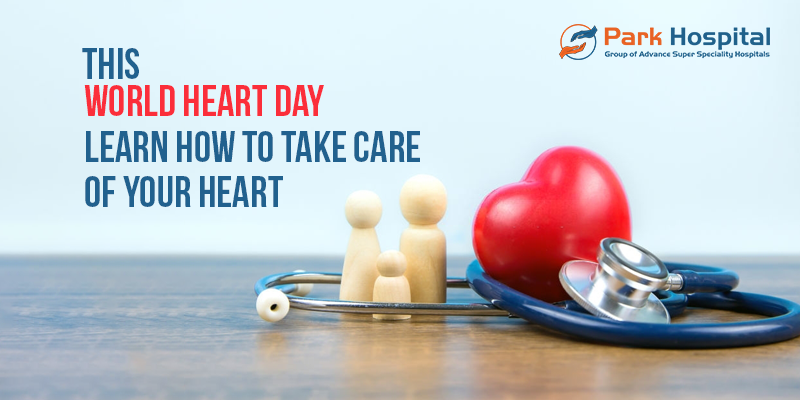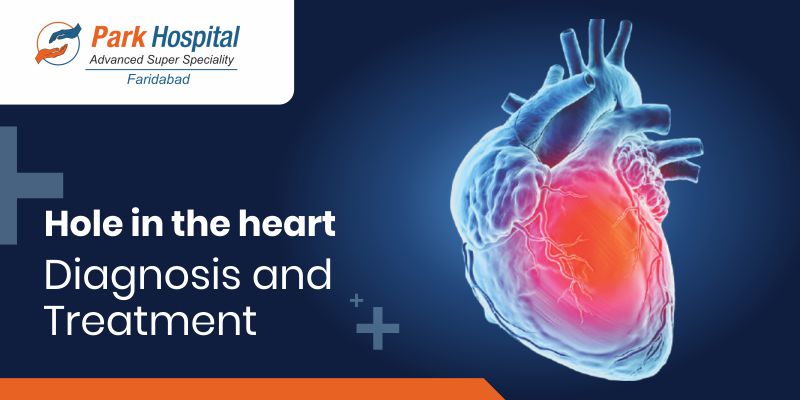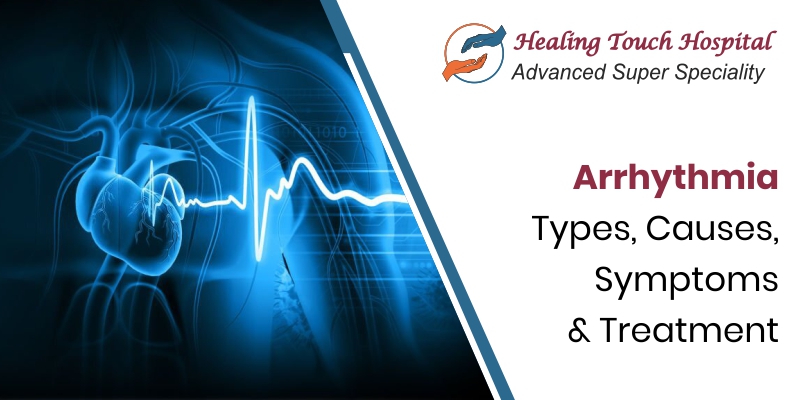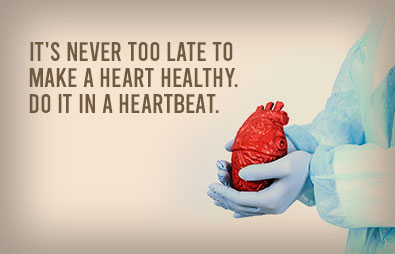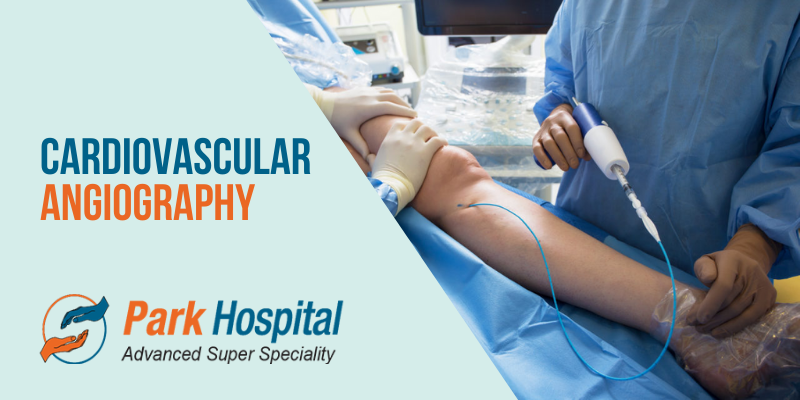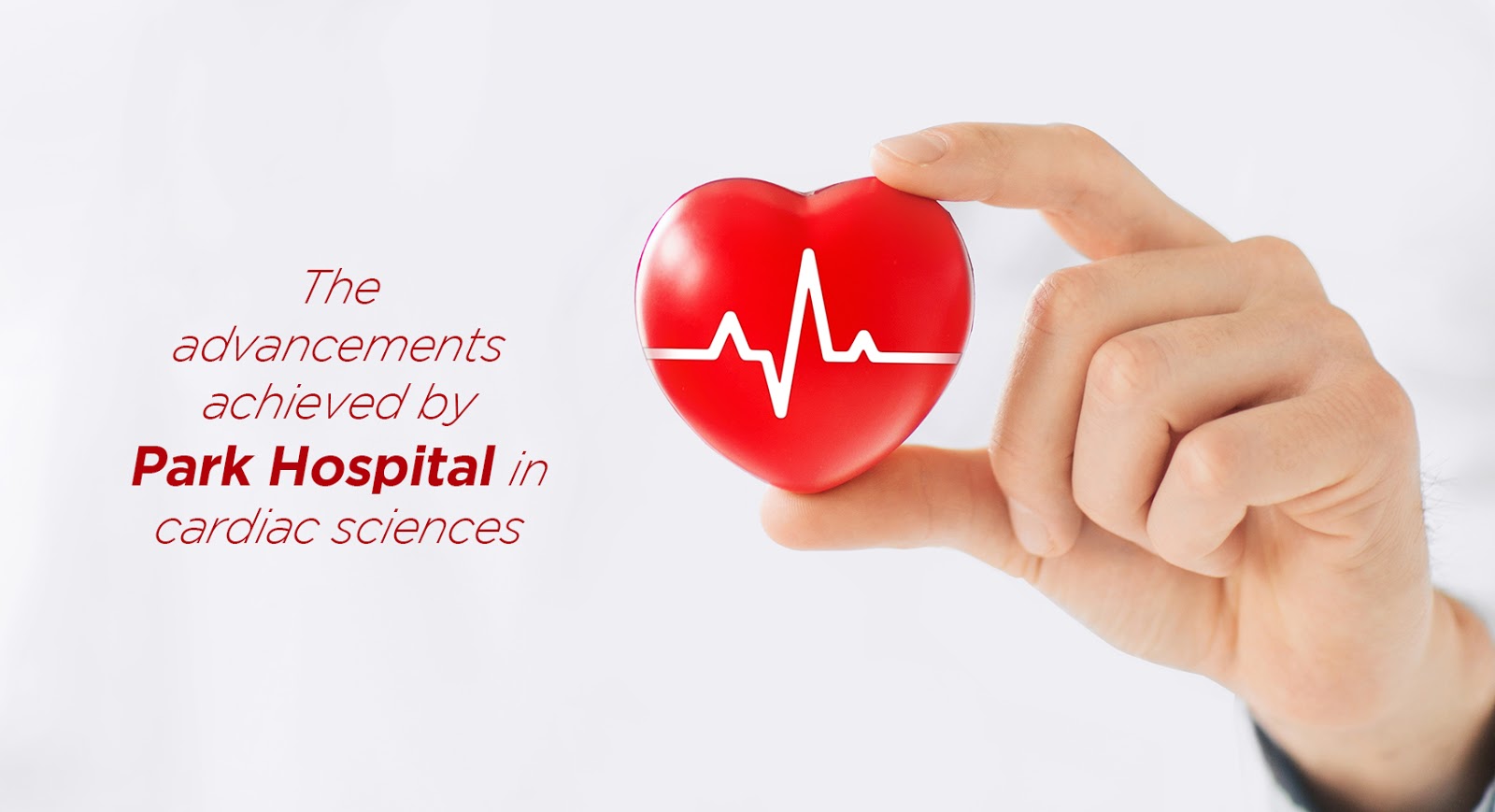Introduction
Heart diseases prove to be the leading cause of death all over the world. The heart is one of the most crucial organs of the human body, and it plays a vital role in the proper functioning of different organs and maintaining the overall health of the human. Any condition causing adverse impacts on the functioning of the heart can cause substantial adverse, sometimes even life-threatening, impacts on the overall well-being of the individual.
One of the transformative treatment approaches that can offer a new lease on life to individuals suffering from severe heart diseases includes the intricate surgical procedure of a Heart Transplant. This surgical procedure involves the replacement of a failing heart with a healthy donor heart that can provide a sense of hope and relief to those for whom other treatment approaches have proven to be ineffective. The Best heart hospital in Delhi, Park Hospital, provides the proper information, advanced procedures, and equipment to achieve the desired outcomes of the procedure.
When is a Heart Transplant Needed?
A heart transplant is typically needed when the function of the heart is failing to meet the needs of the body. There are a variety of conditions that can affect the function and health of the heart and can lead to an increased need for heart transplants. These conditions include the following:
1. End-stage heart Failure: This proves to be the most common reason that necessitates the need for a heart transplant. Heart failure is a medical condition that occurs when the heart can no longer pump enough blood to meet the needs of the different organs of the body. It can be managed with conventional treatment options such as medications or implanted devices, but in severe cases, a heart transplant at a specialist Heart hospital in Delhi might be necessary.
2. Severe Coronary Artery Disease: This is a heart condition that causes narrowing or blockage of the coronary arteries, which gradually leads to decreased blood flow to the heart. In severe cases, when the damage is extensive, and the other treatment approaches are ineffective, the procedure of a heart transplant might be necessary.
3. Cardiomyopathy: This kind of heart condition affects the heart muscle, making it difficult for the heart to pump blood. There are different kinds of cardiomyopathy, which include dilated, restrictive, and hypertrophic cardiomyopathy that can lead to severe heart failure, necessitating the need for a heart transplant.
4. Congenital Heart Defects: According to experts at the Heart Hospital in Delhi, Park Hospital, this condition exists at birth. Some people are born with severe heart defects that cannot be treated completely. In complex cases, these conditions, with time, can lead to heart failure, making the heart transplant a life-saving option.
5. Heart Valve Disease: In case one or more of the heart valves are damaged severely, it can lead to heart failure. If the heart valve repair or replacement surgery proves to be ineffective, the individual might need to undergo the procedure for a heart transplant.
6. Previous Heart Transplant Failure: If an individual has undergone a heart transplant before and the procedure failed due to some reason, they might need another heart transplant.
Why is a Heart Transplant Needed?
Heart Transplant is a critical and life-saving procedure that can be necessary due to several compelling reasons, primarily heart disease or heart failure. The Best heart hospital in Delhi, Park Hospital, provides a dedicated team of surgeons and other healthcare providers to ensure the successful outcomes of the procedure and improved quality of life of the patients. Some of the few reasons that make the procedure of heart transplant a good option for patients with severe heart conditions are as follows:
1. To Improve Quality of Life: Severe heart conditions or heart failure can greatly diminish the quality of life of a person and even cause the stress of possible life-threatening outcomes. The symptoms associated with heart failure, such as shortness of breath, extreme fatigue, and fluid retention, can impact the ability of individuals to engage in everyday activities and lead a normal life. Thus, the procedure of heart transplant can alleviate these symptoms, enhance overall well-being, and help people lead a healthy life.
2. To Prolong Life: For individuals who are suffering from end-stage heart failure, undergoing the procedure of a heart transplant can prove to be a life-saving option. A heart transplant at a renowned heart hospital in Delhi can enhance the life expectancy and overall quality of life of the individual.
3. When Other Treatments Have Failed: A heart transplant proves to be the ultimate option, and the heart specialists at leading hospitals first try other treatment approaches, such as medications, lifestyle modifications, or other surgical interventions. In case these treatments prove to be ineffective, and the heart condition continues to deteriorate, the procedure of a heart transplant might be critical.
4. To Address Irreversible Heart Damage: There are certain conditions that can cause permanent damage to the heart that cannot be managed by standard treatments. These conditions necessitate the need for replacing the damaged heart with a healthy one, offering a chance of a good life to patients.
Heart Transplant: The Ultimate Life-Saving Option
The surgical procedure of heart transplant is a complex but life-saving treatment approach that has the ability to improve the survival rates and enhance the quality of life of people suffering from severe heart conditions. Park Hospital, as the best heart hospital in Delhi, follows a patient-centric and individualized approach to address the unique conditions of the patients and perform critical procedures with great precision and efficiency.

